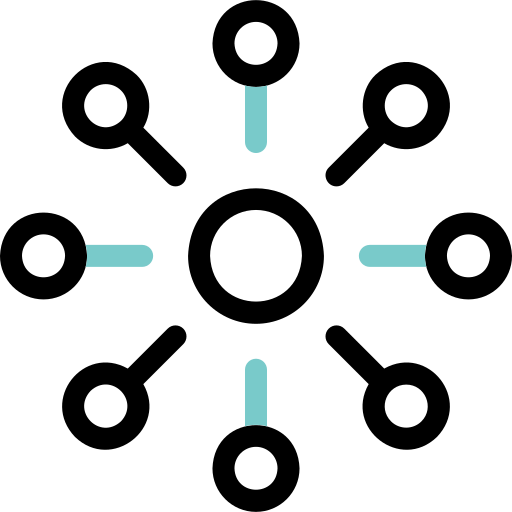TUTORIALS
07-Feb-2023
Setup Free and Automated SSL with Let's Encrypt and Nginx on Linux
Today, implementing SSL/TLS encryption is essential for securing user data and enhancing trust in your website. This guide focuses on setting up free SSL certificates from Let's Encrypt on Linux systems, using Nginx as the web server. The process leverages Certbot, an automated tool that simplifies the acquisition and renewal of certificates, making it easier to maintain a secure online presence. This guide assumes that Nginx is installed and running on your machine.
1.Installing Certbot
1.1.On Debian-Based Systems
To install Certbot and its Nginx plugin on Debian-based systems like Ubuntu, execute the following commands:sudo apt install certbot python3-certbot-nginxThis setup prepares your system for SSL certificate management.1.2.On Red Hat-Based Systems
Start by enabling the EPEL repository to access Certbot packages:sudo yum install epel-releaseThen, proceed to install Certbot and the Nginx plugin:sudo yum install certbot python3-certbot-nginxThis process readies your Red Hat-based system for SSL certificate management.2.Acquiring SSL Certificates with Certbot
With Certbot installed, the next step is to use it to obtain SSL certificates from Let's Encrypt. This procedure includes Certbot making modifications to your Nginx configuration to secure your website's connections.2.1.Configuring Nginx and Obtaining Certificates
To secure your site with an SSL certificate, run:sudo certbot --nginxThis command initiates an interactive session that guides you through the certificate acquisition process. Certbot will automatically update your site's Nginx configuration file to use the newly obtained certificate, ensuring secure connections.During this process, Certbot saves the SSL certificate files to a standard location on your system. On Debian-based and Red Hat-based systems, these files are typically located in the /etc/letsencrypt/live/yourdomain.com/ directory. This directory will contain the certificate file (cert.pem), the private key (privkey.pem), and other related files necessary for SSL configuration.3.Automated Renewals
Let's Encrypt certificates are valid for 90 days, requiring renewal to maintain website security. Certbot automatically configures your system for these renewals. To verify the setup, perform a dry run with:sudo certbot renew --dry-runA successful test ensures that your system is configured to automatically renew certificates, keeping your site secure without needing manual intervention.4.Deploy with Interspace Cloud Servers
For those looking to get started quickly, the Interspace Cloud Platform offers an efficient solution. You can deploy a virtual server with pre-installed operating system and apps in about a minute. Interspace extends beyond rapid deployment by enabling you to pre-configure your systems with custom settings before the installation begins. This includes setting access details, domains, ports for connections, and other application-specific options.In addition to rapid deployment, Interspace excels in its price-performance ratio. We invite you to explore the plans and prices on the page for Elastic Cloud VPS.The content of this document is licensed by Interspace under the MIT License
Related content
Documentation

Cloud

Communications

Hosting

My Interspace
Tech Articles

Tutorials

Learn
News

Latest news

Latest events
Related products

Premium Internet Access
Highest-grade Internet access for professional needs. Superior point-to-point fiber-optic link, symmetrical down/up speed, unlimited traffic, SLA 99.9% and static IP. Direct connections to the top tier 1 global providers.
Our network architecture is passionately designed to ensure the highest quality connections to any destination worldwide, boasting unmatched transfer speeds and multi-tier redundancy.

Dedicated Servers
Dedicated servers on high-grade hardware from well-known sever vendors. They are hosted in our own data centers, enabling us full control in safe-guarding the uptime 24/7. Selection of primary data centers and a disaster recovery one located at a safe distance.
Power control options (reset, power off/on) and free of charge KVM-over-IP available 24/7 on a single click, including support to remotely boot/install your own ISO images.

Elastic Cloud VPS
Elastic Cloud VPS is a virtual machine running on advanced cloud and networking technologies, offering superior advantages over traditional VPS hosting at an exceptional price-to-performance ratio.
Deploy OS and apps in just 1 min. One-click geo-redundant backups, snapshots and disaster recovery. Next-generation AMD EPYC processors, ultra-fast NVMe storage, dedicated connections and free private networking.
 English
English Deutsch
Deutsch Македонски
Македонски Slovenščina
Slovenščina Srpski
Srpski Shqip
Shqip Български
Български